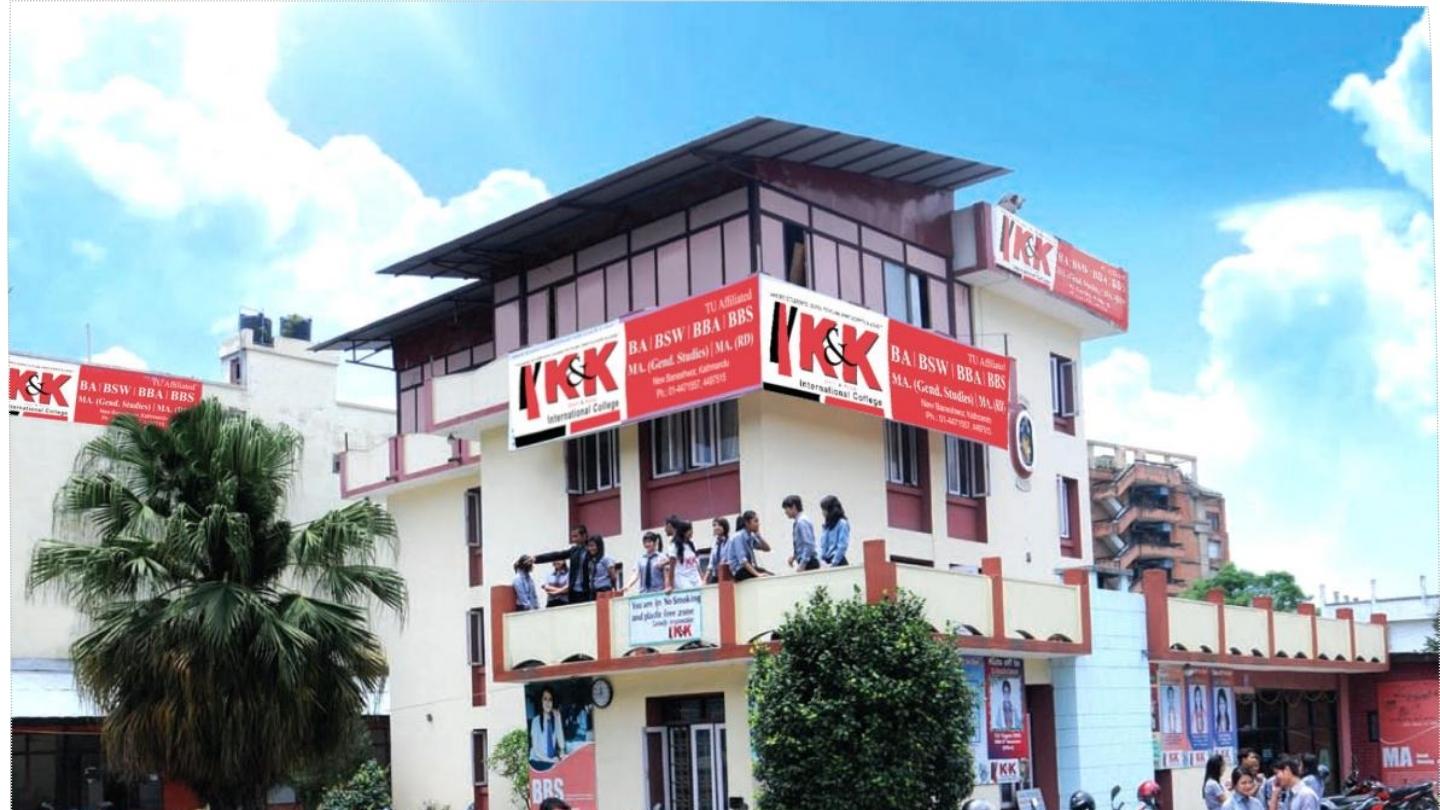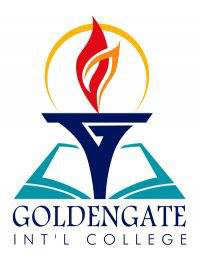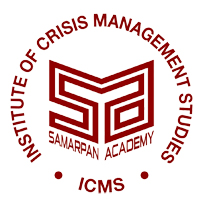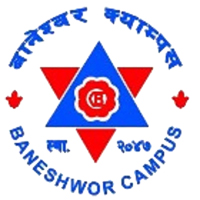Overview
Master of Arts in Gender Studies (MA-GS) at K and K International College, New Baneshwor, Kathmandu
The Master of Arts in Gender Studies (MA-GS) at K and K International College (K&K), New Baneshwor, Kathmandu, runs under Tribhuvan University’s Faculty of Humanities and Social Sciences. The program spans four semesters and explores gender in family, work, education, health, media, law, and public policy in Nepal and beyond.
The college opposite the International Convention Centre (BICC) suits daily commuters. Library access, computer labs, and scheduled classrooms support steady reading, short analyses, and presentations.

Overview
This profile offers clear, course-specific information to help you plan study and work. The MA-GS at K&K follows Tribhuvan University rules for curriculum, evaluation, and progression. Students move from core frameworks and debates to applied tasks such as policy notes, content analysis, small field-linked assignments, and a thesis. The emphasis stays on accuracy, ethical practice, and usable outputs that support employment and further study.
Highlights
-
Program length: Two academic years, four semesters
-
Affiliation: Tribhuvan University, Faculty of Humanities and Social Sciences
-
Academic focus: Gender theory, gender and development, law and policy, labor and care, health and education, media and culture, research methods, thesis
-
Learning mode: Classroom study, seminar tasks, applied assignments, and thesis supervision
-
college support: Library access, computer lab, scheduled classrooms, clubs and student activities in New Baneshwor (opposite BICC)
Curriculum Details
K&K follows Tribhuvan University’s semester structure for MA-GS. Coursework begins with foundations and proceeds to applied areas and supervised research writing. Exact paper codes and evaluation items follow department schedules for the intake.
Semester I: Foundations and Debates
Courses cover key terms, major frameworks, and debates in gender studies. Students learn how social roles are formed, how identities intersect, and how institutions shape everyday life. Short assignments include a concept map, a 2–3 page review of a core reading, and a brief note that links theory to a Nepal-focused example.
Semester II: Law, Policy, and Institutions
Teaching turns to constitutional provisions, sector policies, institutional mechanisms, and budgeting for gender equality. Tasks include reading a clause, drafting a one-page policy brief, and preparing a service-directory table for referral or community sessions. A small field-linked assignment documents a meeting or desk review with dated notes.
Semester III: Work, Health, Education, and Media
Modules examine labor and care, migration and livelihoods, classroom progression, and access to health services. A media component introduces content analysis across news, television, film, and social media. Students code a small sample, count themes, and present findings in a short slide deck. Research methods (qualitative and quantitative) reinforce tools for questionnaires, interviews, and basic statistics.
Semester IV: Seminar Work and Thesis
Students complete seminar presentations and a thesis under supervision. The thesis process includes proposal approval, data collection, analysis, draft chapters, revisions, and a viva or final presentation as set by the department. Attention stays on clear method, ethical steps, correct citation, and precise language.
Assessment pattern: Internal tasks (attendance, assignments, presentations, short papers) and end-of-semester examinations, followed by thesis evaluation under Tribhuvan University rules.
Objectives
The MA-GS aims to help students:
-
Understand core frameworks used to study gender in institutions and everyday settings.
-
Analyze policies, documents, and small data sets with clear reasoning.
-
Prepare short, structured outputs suited to program and policy work.
-
Document tasks with dated notes, tables, and accurate references.
-
Complete a thesis that presents question, method, data, findings, and limits.
Scope
Graduates work in roles that need careful documentation and people-focused communication. Early positions appear in NGOs, development projects, education and health initiatives, social protection, research units, and communication teams. Tasks range from session logistics and participant lists to simple monitoring tools, short briefs, and content reviews. Some graduates move to MPhil or PhD programs after building experience with clean records and faculty references.
Learning Outcomes
By graduation, students typically can:
-
Explain major concepts in gender studies and connect them to Nepal’s context.
-
Draft a concise policy note that cites a rule and lists practical actions.
-
Collect small data sets, compute summaries, and present tables and charts.
-
Review media content with a basic coding sheet and report patterns.
-
Present findings in a five- to ten-minute talk using clean slides and references.
Skill Development Modules
The program builds steady habits in reading, note-making, data handling, brief writing, and public speaking. Course plans list internal tasks and deadlines to help you pace work across the term. Library sessions and lab hours support reference management, charting, and formatting.
Micro-checklist for each semester
-
Reading log: Summarize one core text per week in 250–400 words.
-
Policy card: Record citation, key clause, and a two-line use case.
-
Data habit: Convert tallies to a spreadsheet table the same day and add one chart.
-
Writing drill: Produce a one-page memo linking issue, evidence, and next steps.
-
Slide practice: Present a five-minute update before mid-term and save the deck.
Teaching Methodology
Classes combine short explanations, examples, and small-group tasks. Internal evaluation may include attendance, quizzes, assignments, presentations, and a short paper or field-linked brief where assigned. The approach helps you progress from definitions to applied outputs in steady steps and prepares you for end-semester examinations and thesis writing.
Faculty guide proposal development, data ethics, and chapter drafts. Students learn to structure a literature section, report methods carefully, and show limits alongside results. Emphasis stays on precise language and verifiable references.
Admission Requirements
-
Eligibility: A bachelor’s degree from a university recognized by Tribhuvan University. Documents must confirm subjects taken and grades or division.
-
Selection: K&K follows Tribhuvan University procedures for MA admissions and may schedule screening, a written process, or interviews as announced for the intake.
-
Documents: Academic transcripts and character certificates, copies of ID, recent photos, and any forms requested during the admission window.
Before you apply
-
Collect records: Scan transcripts, ID, and photos into a single folder.
-
Track notices: Note forms, deadlines, and any entrance or interview dates.
-
Write a one-page note: State two MA-GS topics that interest you and one tentative thesis question.
Career Opportunities
Entry roles include program officer, research assistant, communication support, training support, and inclusion focal roles. Typical tasks cover participant lists, session plans, monitoring sheets, short reports, and content reviews. Recruiters look for attendance, reliable documentation, and clear writing. The thesis and seminar decks provide writing samples and evidence of method.
Scholarships and Financial Aid
Scholarship notices appear during admission. Categories can include merit and need-based support under published rules. Students should prepare citizenship or ID, academic records, and any requested letters for screening. Deadlines follow the intake calendar, so early submission helps.
Why Choose This Course?
Students who want a Nepal-focused path into policy and program work find MA-GS steady and practical. The semester rhythm sets clear milestones, from policy reading and content analysis to field-linked briefs and a thesis. The New Baneshwor college near BICC supports commuters. Library access, lab time, and scheduled classrooms help you meet submission dates and maintain a consistent study routine.
Conclusion
The MA-GS at K&K follows Tribhuvan University’s framework from seminar tasks to thesis completion. You learn key frameworks, practice policy reading and data handling, and present findings in clear, usable formats. If you maintain attendance, plan weekly tasks, and build a clean paper trail each term, you complete the degree with a set of documents—briefs, tables, charts, and slides—that support both employment and further study.
FAQ
What is the duration of the MA-GS at K&K?
Two academic years across four semesters under Tribhuvan University.
Does the program include a thesis?
Yes. Students complete a supervised thesis with proposal approval, data collection, analysis, and a final defense or presentation.
Are there field-linked assignments?
Yes. Tasks can include desk reviews, brief observations, participant lists, and short policy or program notes.
Which skills help most in early roles?
Clear writing, accurate documentation, policy reading, and basic data handling.
Which facilities support study on college?
The library, computer lab, and scheduled classrooms in New Baneshwor support reading, charting, and presentations.





















